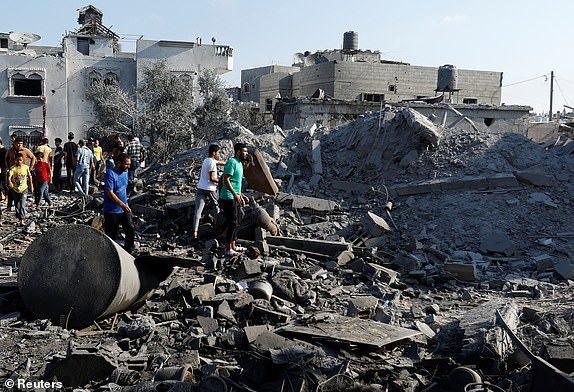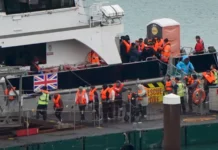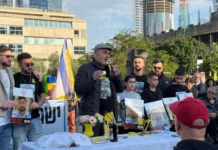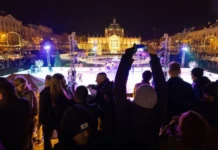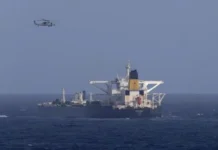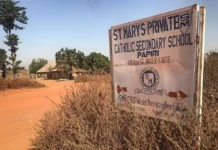Written By Lisa Murimi
The Gaza Civil Defence teams witness unimaginable horrors daily. They recover the dead, like the girl lowered by a rope from a ruined building, coming to rest on the rubble, and they see people and parts of people caught by blasts or bullets.
Bodies lie in streets, homes, and under debris, sometimes unreachable until the war’s end.
Muhammed Al Mughayer, a Civil Defence official, says, “Entering areas close to the Israeli occupation is dangerous, but we try to intervene to save lives and souls.”
Yet, fierce fighting in places like Shejaiya and Tal Al-Sultan often prevents ambulances from venturing out. Families anxiously seek news of missing relatives, but many bodies remain unidentified due to decomposition and interference from stray animals.
Fuel shortages cripple the rescue efforts. Recently, an ambulance broke down in Tal Al-Sultan and had to be towed out amid nerve-wracking risks of fire from Israeli forces. Delays in coordination further hinder rescue operations, potentially costing lives.
Refugees, displaced multiple times, find no solace. Sharif Abu Shanab, standing outside his ruined home in Shejaiya, expresses his despair: “My house had four floors, and I can’t enter it,” he says. “I can’t take anything out of it, not even a can of tuna. We have nothing, no food or drink. They bulldozed all the houses, and it is not our fault. Why do they hold us accountable for the fault of others? What did we do? We are citizens. Look at the destruction around you…
“Where do we go, and to whom? We are thrown in the streets now, we have no home or anything, where do we go? There is only one solution and that is to hit us with a nuclear bomb and relieve us of this life.”
Amid the devastation, glimpses of relief appear. Families like the Al-Fayoumi’s, fleeing Gaza City, find brief respite upon reuniting with loved ones in Deir Al Balah. Yet, survival remains uncertain as the conflict’s tide shifts.
Nawara al-Najjar, widowed during an Israeli operation in Rafah, now cares for her seven children, including a newborn.
Despite the chaos, she remains in Khan Younis, clinging to memories of her husband, sending texts to his phone for comfort. As fighting continues, the resilience of Gaza’s people endures amid unimaginable loss and hardship.









